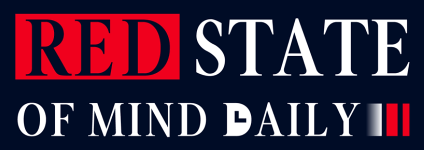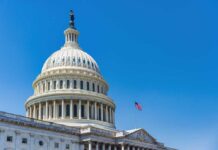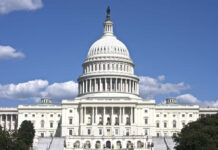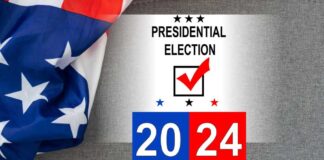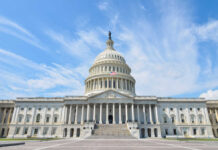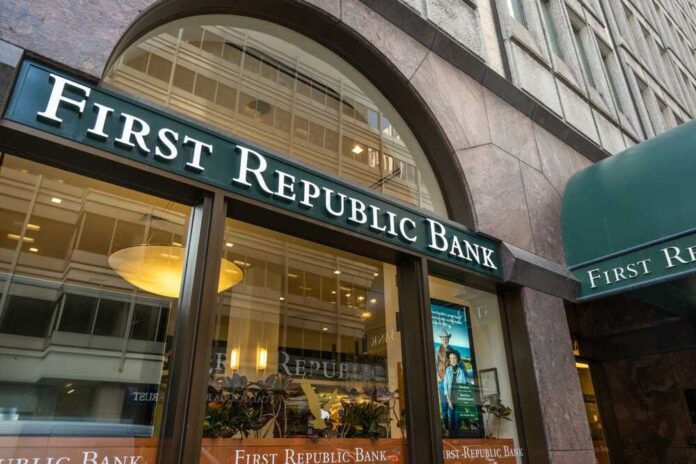
Investors and the federal government are watching the balance sheet of First Republic Bank, which appears to be bordering on collapse, with the FDIC likely taking control soon.
Should the federal government act, First Republic would be the third major bank to be taken over by regulators in recent months after Silicon Valley Bank and Signature Bank.
The bank has been under immense pressure following the collapses of the two other banks in March.
This includes withdrawals of approximately $100 billion by depositors and a dramatic decline in its stock price. First Republic’s stock price fell by almost half earlier this week. The stock is down 97% since Jan. 1, down to $3.51 a share on Friday.
Multiple news outlets reported that the struggling bank will likely be seized by the FDIC.
The federal government requested that large banks such as JPMorgan Chase and PNC Financial Services Group place bids to purchase the struggling bank by Sunday. First Republic had requested assistance from other banks Thursday to see if there were any potential buyers.
Earlier this year, several large banks deposited $30 billion in the bank to help shore it up, including the aforementioned JPMorgan. First Republic also announced that it would lay off up to a quarter of its employees by the end of June.
The FDIC seized the assets of Silicon Valley Bank and Signature Bank following those banks’ collapses. The federal government went further, with the FDIC announcing that it would protect all deposits in the bank, even those not normally covered by the $250,000 coverage limit.
“It’s going to be catastrophic”
Former Blackrock acc manager tells Bannon more bank failure to come in the wake of First Republic Bank, SVB, Signature bank, Credit Suisse falling.
The Biden media is fooling folks into believing everything is ok. Many will be caught off guard pic.twitter.com/99ss1DywMK— Melissa Tate (@TheRightMelissa) April 26, 2023
Reuters recently reported that the FDIC was concerned about the potential collapse of such regional banks as early as late 2022.
The agency’s chair, Martin Gruenberg, said at a November meeting that “the failure of one of these large banking institutions could really be an enormous challenge with financial stability implications.”
The banking crisis has spread beyond the United States, with overseas institutions such as Credit Suisse, of Switzerland, requiring a purchase by UBS to prevent an outright collapse.
